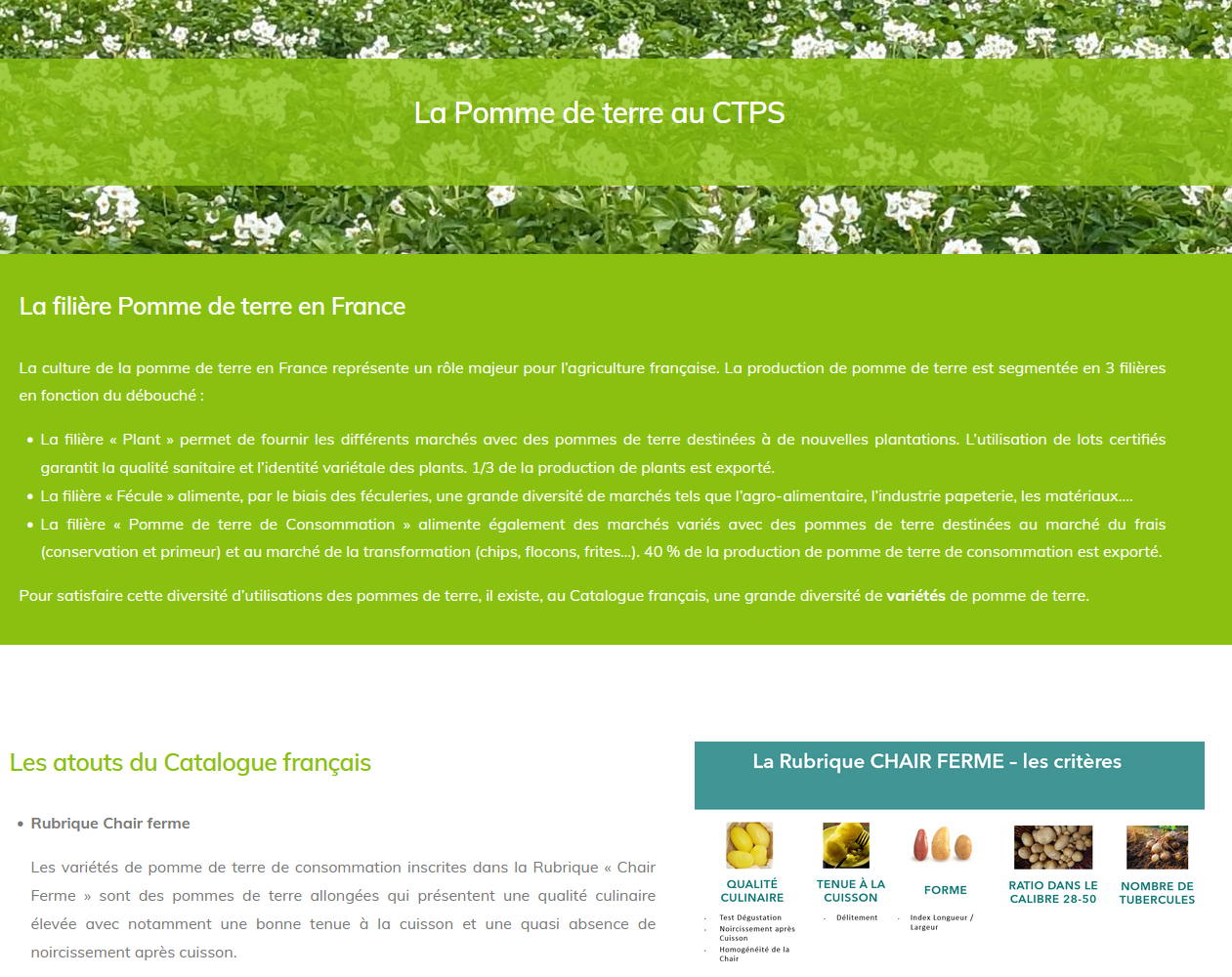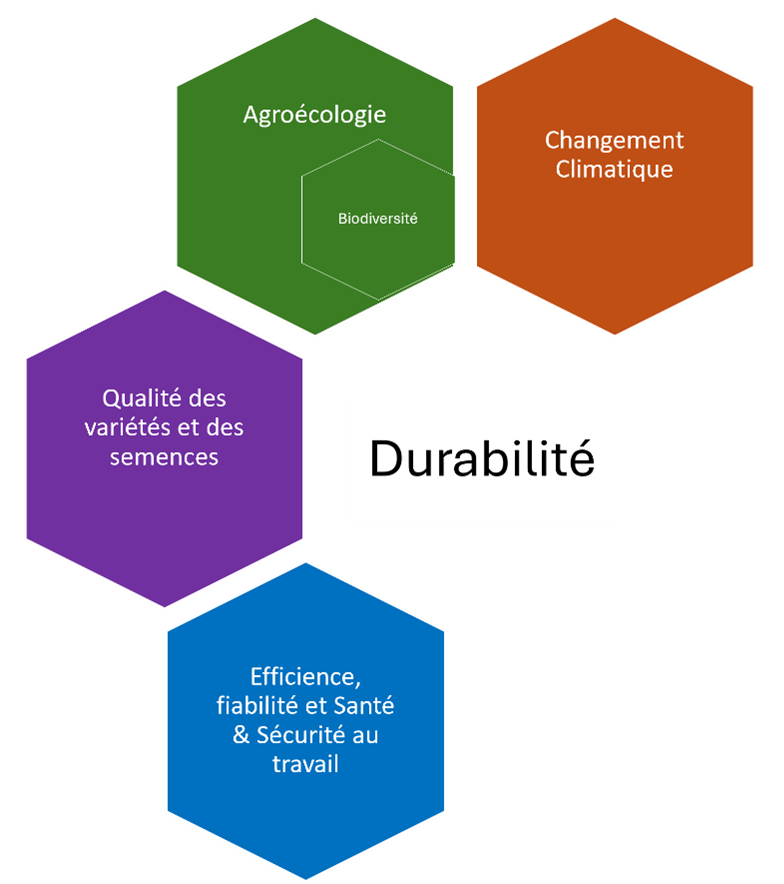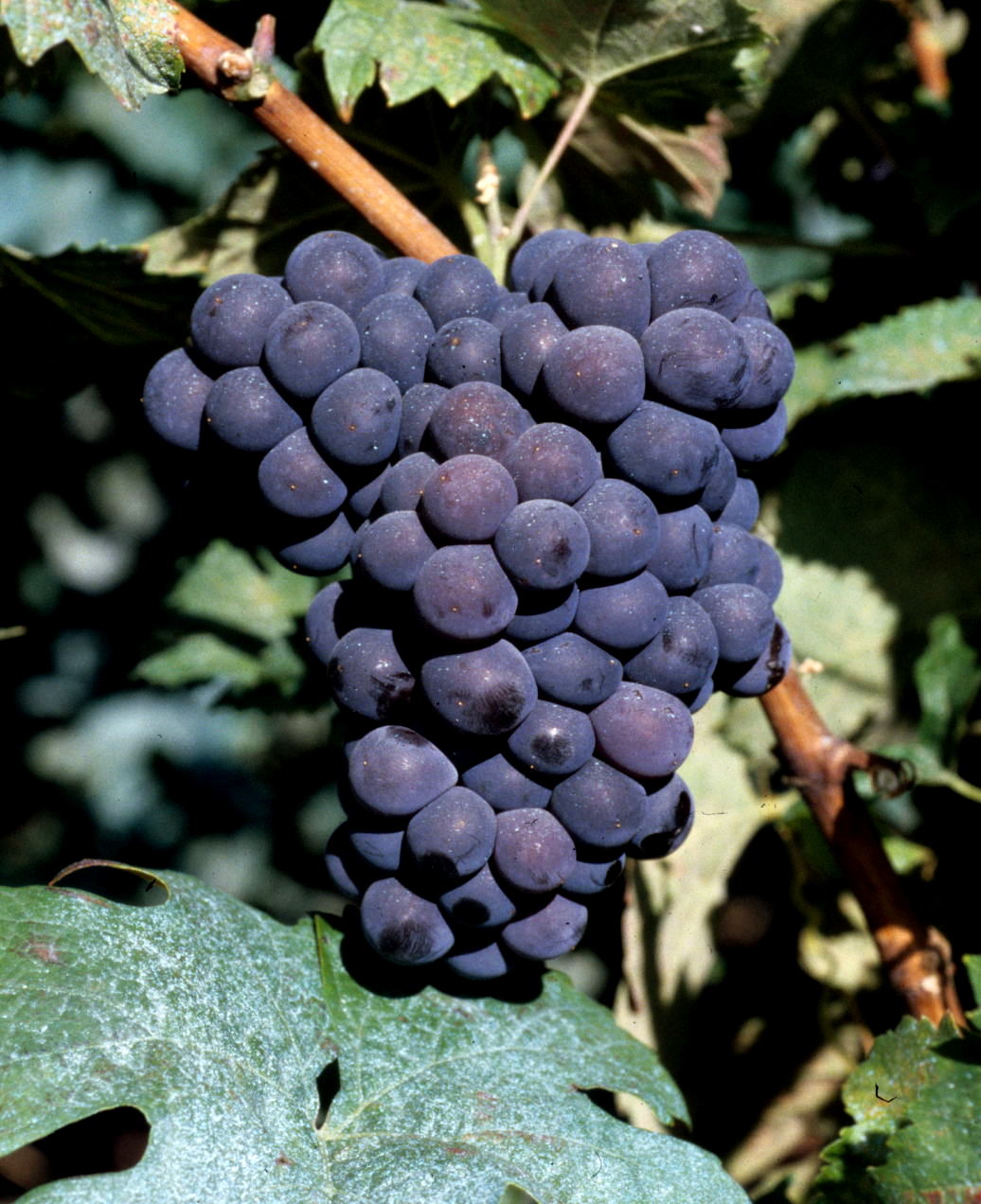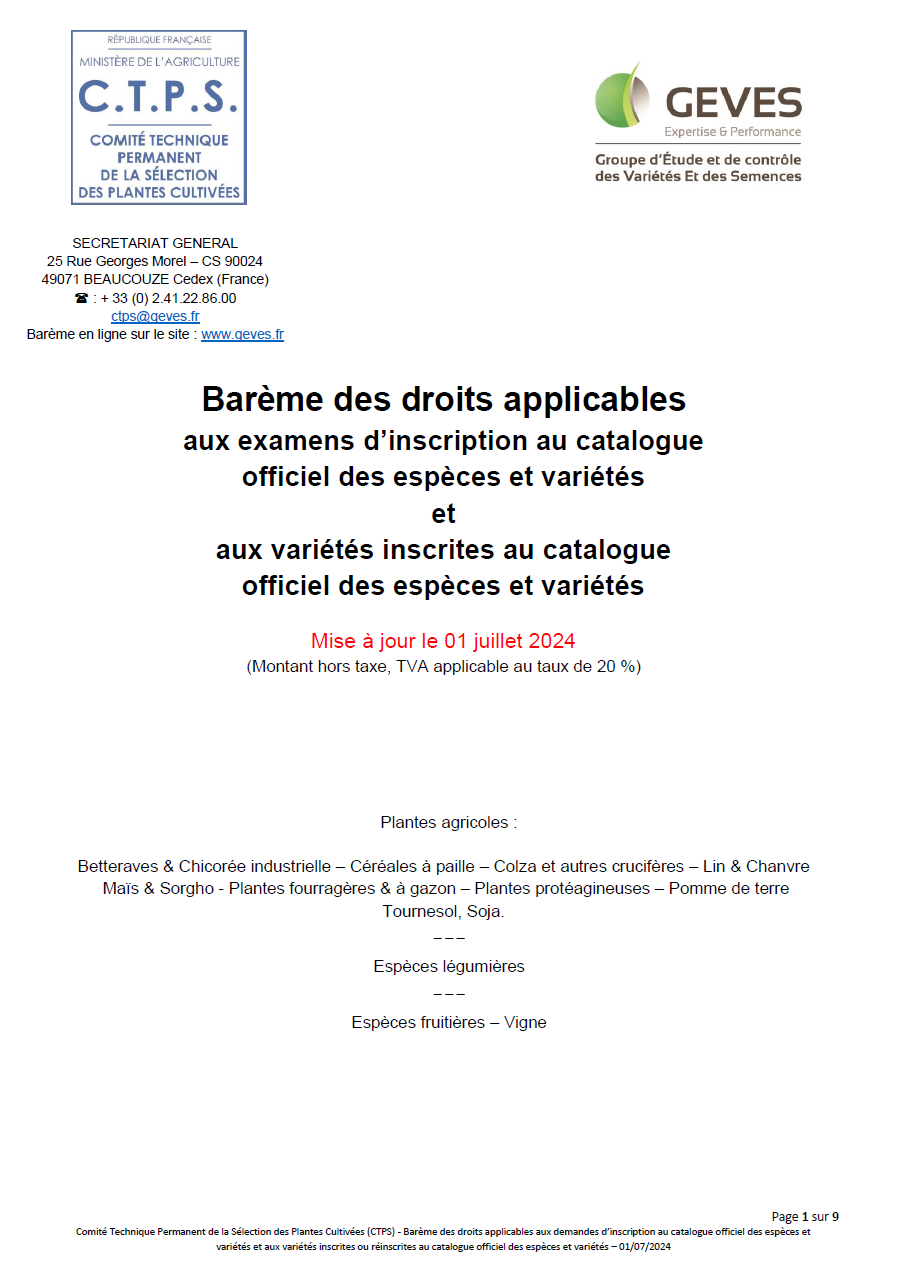
End to national listing of varieties in the public domain for amateur use: what exactly is the situation?
Law n° 2020-699 of 10 June 2020 relating to the transparency of information on agricultural and food products means it is now possible to sell, to non–professional users only, seeds of varieties in the Public Domain that are not registered on one of the lists in the Official French or EU Catalogue. This derogation from the general regulations on varieties and seeds also means that seeds and plants of these varieties are no longer required to meet official standards of varietal purity, species purity and germination, with the exception of health regulations on seeds and plants which continue to apply. Varietal identity will not be guaranteed, unlike certified or inspected seeds and plants of varieties listed in the Catalogue.
A necessary clarification: a variety in the Public Domain is a variety without a valid plant variety right (PVR), whether it was created in the 19th century like the vast majority of varieties cultivated by home gardeners or whether it was created in the 21st century.
Article L. 661-8 of the Rural and Maritime Fishing Code, as amended by the law of June 10, 2020, furthermore states that the sale of seeds henceforth authorised for varieties intended solely for amateurs must be direct between the marketer and the user, without any intermediary such as a garden centre or an Internet sales structure aggregating seeds from several seed or plants establishments.
In addition, varieties sold to both home gardeners and professional growers are still subject to compulsory registration in the official Catalogue.
As a reminder, in lists a, b, c and d of the French Official Catalogue, 550 varieties are listed that are part of the national vegetable history (mainly listed in lists a, b, c and d of the French Official Catalogue) or in list d (varieties whose harvest is mainly intended for self-consumption). Inspections carried out every 5 years at GEVES stations as part of Maintenance Controls enable us to validate and support seed companies in their work to ensure the proper maintenance of these varieties with heritage value and to confirm the durability of these varieties with gardeners and market gardeners. Many varieties registered in the national or EU catalogue are in the public domain: for example, out of more than 2,500 wheat varieties registered at EU level, less than half are covered by a French PVR.
For more information:
- How do I know if a variety is in the public domain?
Varieties in the public domain are varieties that are not or no longer protected by an active intellectual property title in a given territory. Any seed company that has its genetic material at its disposal can therefore produce and commercialise it. Any farmer can also produce seeds and seedlings from that variety and use them.
- How can I consult all the varieties listed in the official French catalogue?
- How much does it cost to list a variety in the official French catalogue?
If the variety is intended for professional use, the applicant will have to pay the fees provided for in the CTPS Price List, covering the costs related to DUS and VCUS tests. For a tomato, the fee is 2 900€. For wheat, €12,000.
If the variety is a heirloom variety or, in the case of vegetable species, is used in short circuits, all the costs can be covered either by the Ministry of Agriculture or by the seed and seedling industry.




